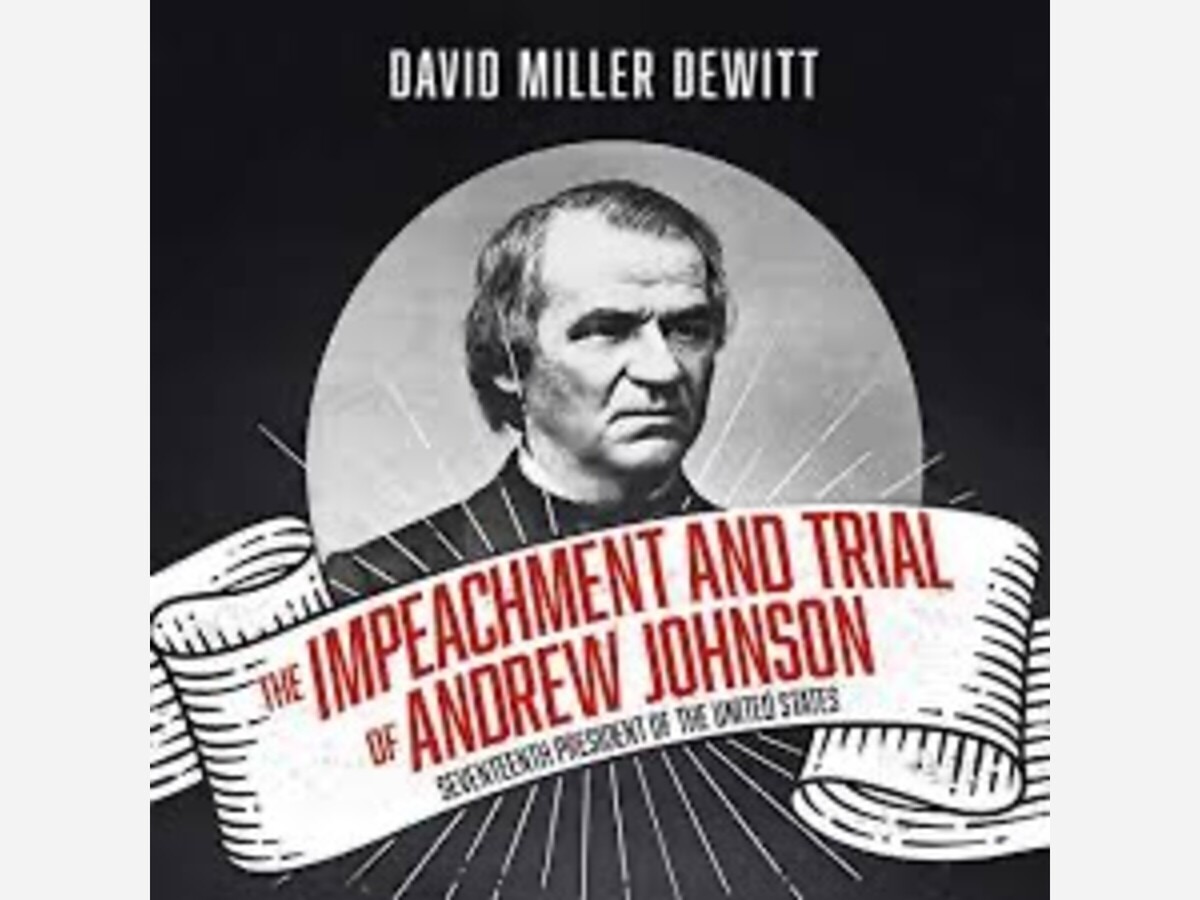Image

It’s May 28, 1868, and Washington D.C. buzzes with anticipation as the Senate impeachment trial of President Andrew Johnson reaches a critical juncture. The House of Representatives voted to impeach Johnson in February, citing his defiance of the Tenure of Office Act as a high crime and misdemeanor. This act, passed by a Republican-controlled Congress, restricted the president's ability to remove certain appointed officials without Congressional approval.
The Senate trial, which began in March, has been a tense affair. Prosecutors, led by Congressman Benjamin Butler, argue that Johnson's actions undermined Congress' authority and threatened the Reconstruction process. The defense, helmed by renowned attorney Henry Stanbery, counters that the Tenure of Office Act is unconstitutional and that Johnson was simply exercising his executive powers.
On May 16th, the Senate began voting on the eleven articles of impeachment. Each vote has fallen one vote short of the two-thirds majority required for conviction. Today, with only a few articles remaining, speculation runs rampant. Will enough Republican senators break ranks and convict the president? Or will Johnson escape removal from office?
The outcome of this trial will have profound implications for the future of Reconstruction. A successful impeachment could severely weaken the presidency and embolden Congress. Conversely, Johnson's acquittal would solidify his power and potentially hinder Congressional efforts to protect the rights of freedmen in the South.
Fast forward to Feb 24, 1868, Andrew Johnson was impeached by the House of Representatives on February 24, 1868.
The House of Representatives formally impeached Johnson on February 24, 1868, by a vote of 126 to 47.
He was charged with violating the Tenure of Office Act and bringing disgrace to Congress.
The Senate trial lasted from March to May 1868, and Johnson was ultimately acquitted by a narrow margin
Andrew Johnson’s impeachment left a lasting impact on American politics, reinforcing the importance of constitutional processes and the separation of powers. It remains a pivotal moment in U.S. history, reminding us of the delicate balance required for effective governance.
Images sourced from Google Images- Amazon